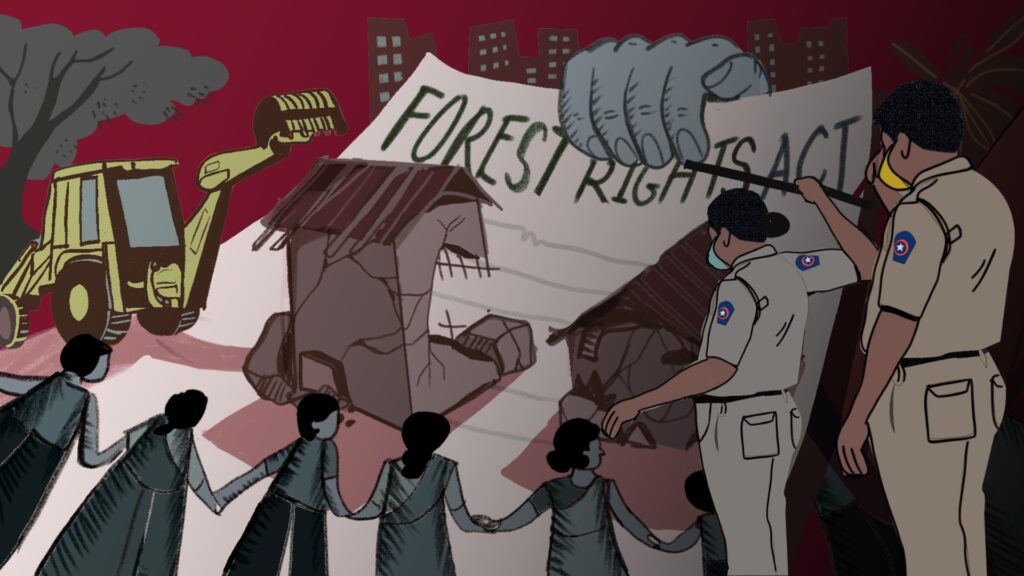[Readmelater]
BehanVox: A Brief History Of Who Governs India’s Forests
This week in BehanVox: stories of women agri entrepreneurs cultivating forest foods in Tamil Nadu, 'rescue raids' displace sex workers in Mumbai's Kamathipura, and more
Support BehanBox
We believe everyone deserves equal access to accurate news. Support from our readers enables us to keep our journalism open and free for everyone, all over the world.






